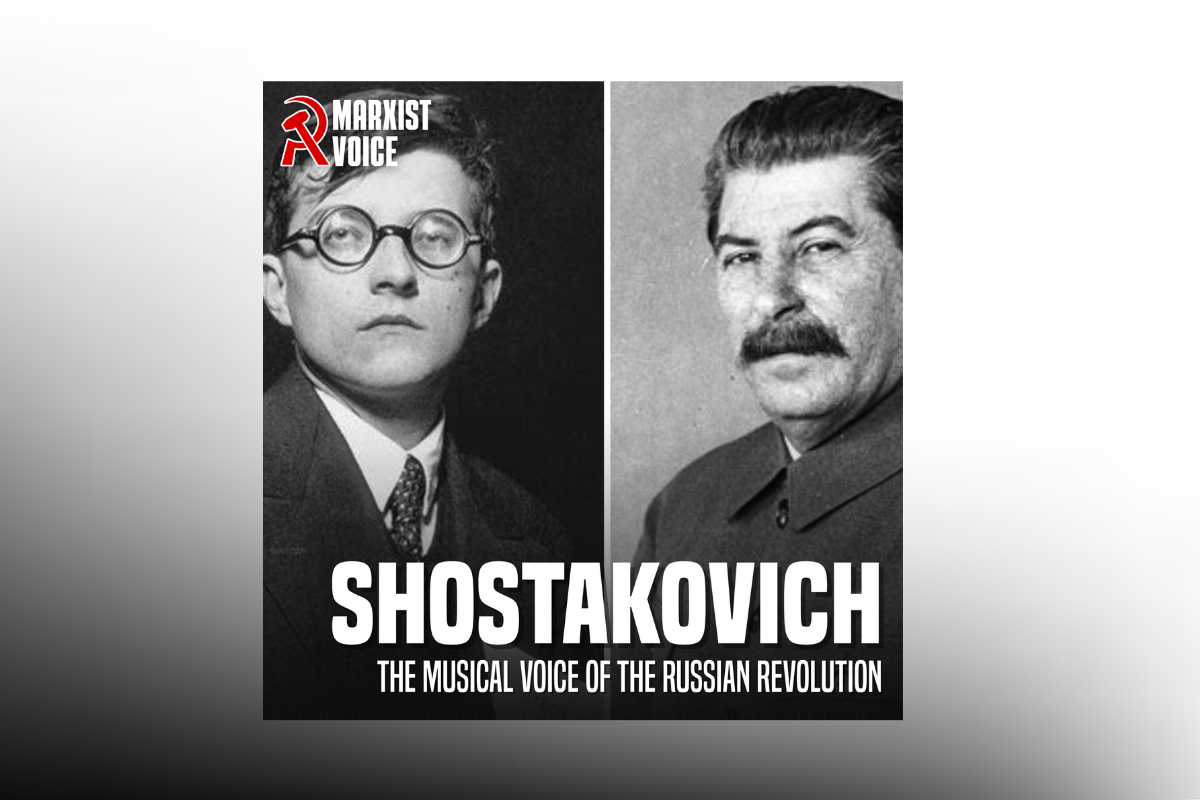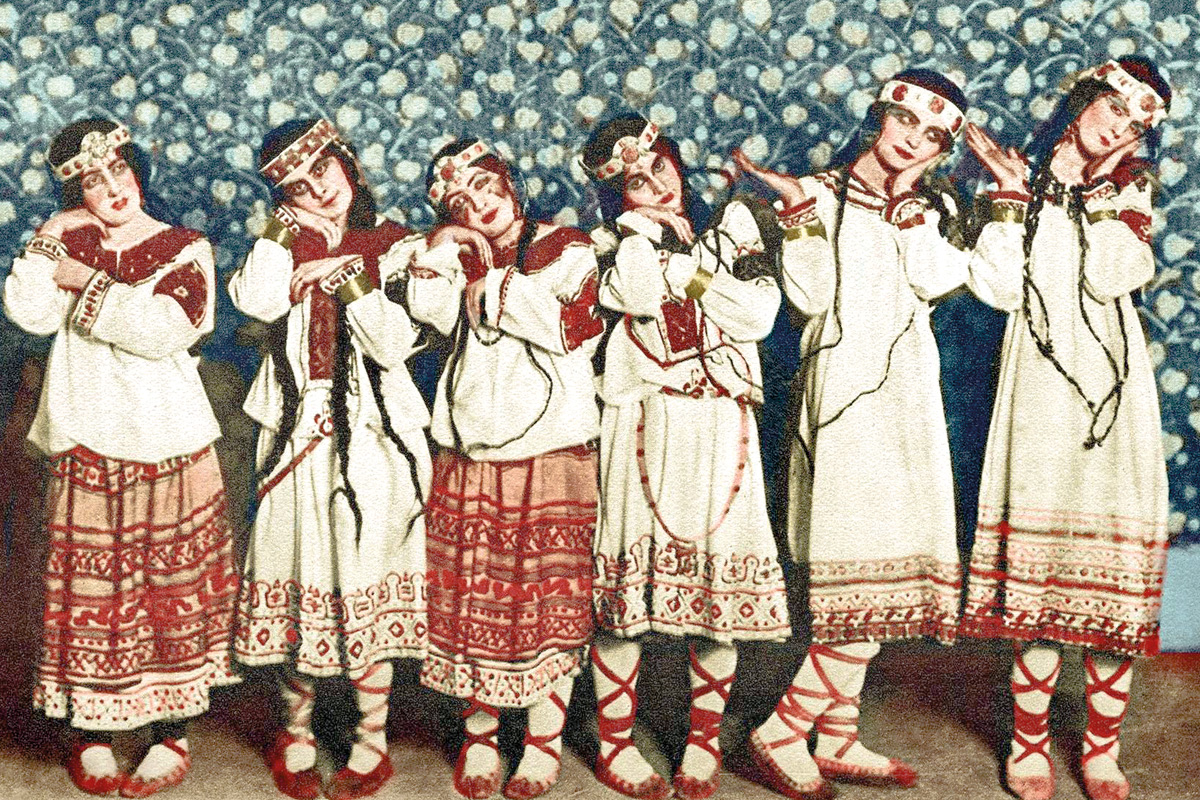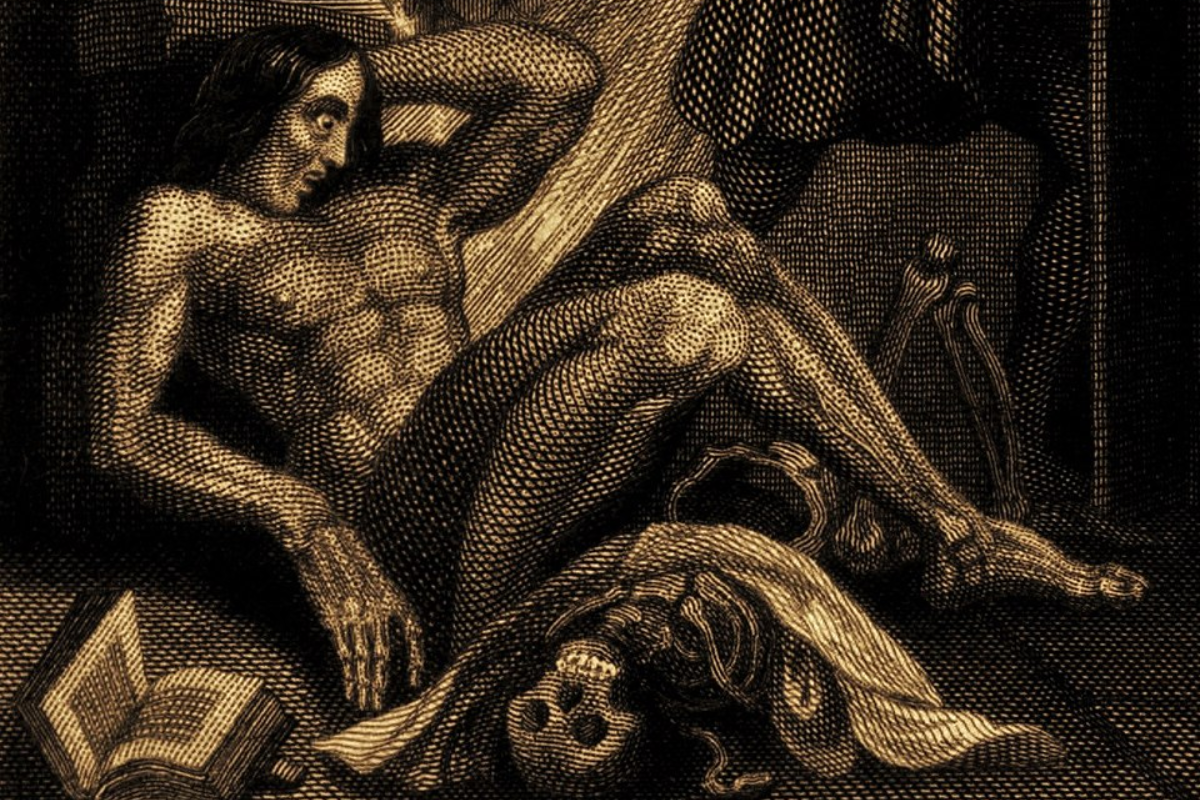In the
1950s, amid prosperity and a booming economy, Allen Ginsberg defied
conventions and the mainstream by openly standing forward as a
homosexual, a socialist and a sharp critic of the capitalist American
society he lived in. For this he was persecuted in a famous obscenity
trial, which he ended up winning. This is portrayed in the feature film Howl from 2010, now available here on DVD.
In the
1950s, amid prosperity and a booming economy, Allen Ginsberg defied
conventions and the mainstream by openly standing forward as a
homosexual, a socialist and a sharp critic of the capitalist American
society he lived in. For this he was persecuted in a famous obscenity
trial, which he ended up winning. This is portrayed in the feature film Howl from 2010.
“I’m
with you in Rockland where there are twenty-five thousand mad comrades
all together singing the final stanzas of the Internationale” (Allen Ginsberg, “Howl”)
The
1950s saw the beginning of a new period in the development of
capitalist society. It was a time when American soldiers, newly returned
from World War II, would follow the American Dream as it was sold in
advertisements, of moving to the suburbs and starting a family with a
house, a car and a steady income. It was the end of the turbulence that
had defined the last two decades, and the beginning of seemingly endless
prosperity and upward mobility. With increased living standards, broad
layers of the working class were now able to achieve decent standards of
living, and buy products that had previously been reserved for the
upper classes – hence the phenomenon of so-called “consumerism” – the
idea that working class families could buy happiness with their
disposable incomes. It was the beginning of the dominance of American
cultural, economic and political imperialism, and in a sense the rebirth
of capitalism after the crisis of the 1930s and the destruction of
World War II. However, it was also the time when a young poet named
Allen Ginsberg published a poem called “Howl”, which criticized all
these phenomena, and at the same time foreshadowed the student and left
movements of decades to come. The film Howl that came out in
2010 (and the UK in the spring of this year) tells the story of Ginsberg and his poem, and the trial that sought
to censor and silence his social critique.
Living as a homosexual
and a socialist and documenting this in his style-breaking poetry in
the period of McCarthyism, Ginsberg was not afraid of being different.
The feature film Howl, written and directed by Rob Epstein and
Jeffrey Friedman, portrays Ginsberg through a combination of an
interview with the poet, a reading of his most famous poem “Howl”, and
the trial against Ginsberg, in which the prosecutor attempted to get the
publisher of the poem, Lawrence Ferlinghetti, censored for obscenity.
It is a captivating, yet not unproblematic, portrayal of Ginsberg and
his poetry.
The film starts with a reading by a young Allen
Ginsberg (played by James Franco) of the poem “Howl”, filmed in
black-and-white, in a smoke-filled room full of artists, hipsters and
students, in the heat of the Beat-wave of the 1950s. Ginsberg starts
reading the poem from the beginning, with the famous opening:
“I saw the best minds of my generation destroyed by madness, starving hysterical naked,
dragging themselves through the negro streets at dawn looking for an angry fix,
angelheaded hipsters burning for the ancient heavenly connection to the starry dynamo in the machinery of night,
who poverty and tatters and hollow-eyed and high sat up smoking in the
supernatural darkness of cold-water flats floating across the tops of
cities contemplating jazz”.
When the word “jazz” is
mentioned, the scene is cut off, and a vibrant jazz tune starts playing,
while pictures in black-and-white and color slide across the screen,
along with the opening credits. This is a great opening, which sets the
mood of the film and illustrates the time the story is situated in.
However, it also foreshadows one of the problems with the movie, namely
the rather light portrayal of the story, which misses the essence of
“Howl”, a poem that is much darker and more pessimistic about the
society it depicts when you read into it than when you see the movie.
But more on this later.
The film proceeds by cutting back and
forth in between three storylines: Ginsberg’s reading of the poem, which
periodically drifts into an animation of what he reads, an interview in
which he talks about his ideas on art and his life, which is
supplemented with flashbacks, and the obscenity trial against the poem,
where literary experts are questioned by the prosecutor and the
defendant to determine whether the poem has literary value, and whether
there is a need for the obscenity the poem contains. One of these
examples of alleged obscenity is read out by the prosecutor:
“who howled on their knees in the subway and were dragged off the roof waving genitals and manuscripts,
who let themselves be fucked in the ass by saintly motorcyclists, and screamed with joy,
who blew and were blown by those human seraphim, the sailors, caresses of Atlantic and Caribbean love,
who balled in the morning in the evenings in rose-gardens and the grass
of public parks and cemeteries scattering their semen freely to
whomever come who may”.
This passage starts off a
debate over whether there are sexual overtones in the phrase “who blew
and were blown by those human seraphim, the sailors”, and whether these
kinds of sexual references are necessary to convey the meaning of the
poem. As a side note, the debate over Ginsberg’s “obscenity” in his poem
which is widely celebrated today seems very similar to the debate over
Hip Hop’s “obscenity” and whether this should be censored. This is not
the place to go into an analysis of “explicit content” in rap music and
attempts to censor it, but suffice it to say that despite the
differences between this and the Ginsberg trial, both attempts at
censorship represent the fear of bourgeois and petty-bourgeois moralists
that the social and political realities that these art forms describe
should be put into words for the masses to hear.
During the course
of the court scenes, the various literary experts who are questioned in
the case help shed light on the meaning of the poem, just like the
interview with Ginsberg, and in a more artistic fashion, the animation
of the poem. This gives an introduction to Ginsberg and his poetry that
is much more alive than any lecture, and hopefully the film will give
young people of today a better understanding of Ginsberg and his
relevance to today’s society, which is still permeated with bourgeois
moralism, so-called “consumerism”, “materialism” and all the other
symptoms of capitalist decay and cultural poverty that Ginsberg
portrayed so masterfully.
Howl is a very ambitious
project. It is a feature film about a poet whose fiction was very deeply
rooted in the reality of his time. If nothing else, it deserves credit
for undertaking the task of portraying something as complicated as
Ginsberg and his poetry. It also combines animation and poetry with a
documentary-like realistic portrayal of events. In doing so, it elevates
itself above the countless films made on assembly lines from ready-made
formulas in Hollywood, and gives the audience an experience that both
educates and conveys Ginsberg’s poetry to today’s audience in a vivid
fashion.
However, when it comes to giving a complete portrayal of
Ginsberg, “Howl” and the ensuing trial, the film does not measure up to
the task. It focuses mainly on Ginsberg’s views on art, his life as a
homosexual, the censorship trial, and the so-called Beat Generation (as a
side note, when asked what the Beat Generation was in the film,
Ginsberg replies that there was no Beat Generation – just a bunch of
guys that wanted to get published…). These are all very important
elements in explaining the poem “Howl” and its author. However, one very
central piece in the puzzle is missing: Ginsberg’s political beliefs,
which are very much present in his poetry.
Virtually all the
references to socialism in “Howl” are neglected in the animation of the
poem. One of these is in part III of the poem, addressed to Carl
Solomon, a friend of Ginsberg’s whom he spent time with in the same
mental institution. He says:
“I’m with you in Rockland
where you accuse your doctors of insanity and plot the Hebrew socialist revolution against the fascist national Golgotha
I’m with you in Rockland
where you will split the heavens of Long Island and resurrect your living human Jesus from the superhuman tomb
I’m with you in Rockland
where there are twenty-five thousand mad comrades all together singing the final stanzas of the Internationale”
One
must remember that this is written in the wake of McCarthyism, when a
whole series of America’s finest artists, many of whom were by no means
communists, were blacklisted and persecuted. Therefore, these lines were
immensely controversial at the time they were written. And despite the
slightly ironic tone of the lines, Ginsberg was very sympathetic to the
ideals of socialism.
Ginsberg’s mother had been an active member
of the Communist Party, which undoubtedly influenced his views on
communism. However, although sympathetic to socialism, he was also
deeply critical of the Stalinist dictatorships of his time. It seems
that the political ideology that Ginsberg was closest to is that of Leon
Trotsky, one of the most prominent leaders of the Russian Revolution,
who was sent into exile and killed by Joseph Stalin, whose bureaucratic
methods Trotsky had spent the last part of his life combating. In “A
Footnote to Howl”, which is read at the end of the film, Ginsberg
writes:
“Holy time in eternity holy eternity in time
holy the clocks in space holy the fourth dimension holy the fifth
International holy the Angel in Moloch!”
In his notes
to the poem in “Howl: Original Draft Facsimile, Transcript &
Variant Versions, Fully Annotated by Author, with Contemporaneous
Correspondence, Account of First Public Reading, Legal Skirmishes,
Precursor Texts & Bibliography”, Ginsberg writes:
“Fifth
International”: First International Workingman’s Association, London
1864, under the leadership of Marx and Engels. Second Socialist and
Labor International, Paris 1889. Third Communist International
(Komintern), Zimmerwald, Switzerland, 1919. Trotskyite Fourth
International, Paris, 1938. Fifth International of workers,
entrepreneurs, peasants and indigenous communities of world has not yet
assembled to propose survival norms in era of imperial private and state
monopoly capital’s near absolute and potentially suicidal power.” (Emphasis added.)
From
this note it is clear that Ginsberg was if not in complete agreement,
then at least very sympathetic to the ideas of Trotskyism. Trotsky was
killed shortly after the founding of the Fourth International; therefore
it would seem logical for someone like Ginsberg who sympathized with
his ideas to expect the setting up of a Fifth International. However,
with the economic boom of the post-war era, and the consequent ebb in
revolutionary sentiment – especially in the industrialized countries –
and the inability of the leaders of the Fourth International to adapt to
the new situation, their organization remained a relatively small
group, which degenerated and disintegrated into various sects, and no
mass-based Fifth International has been set up to this day. Nonetheless,
it is clear from the above quotations that Ginsberg had a firm belief
in socialist ideals, something that is almost completely disregarded in
the movie.
Another shortcoming of the film is its value as a work
of art. Its animations of Ginsberg’s poem do not seem to convey the
dark, pessimistic mood of “Howl” – for that it is much too colorful.
Also, in the reading of the poem, James Franco does not seem to grasp
the deep social criticisms of “Howl”, and therefore his voice does not
convey the same concern as does Ginsberg’s when you listen to recordings
of his readings. However, it should be said that portraying such a
debated character as Allen Ginsberg is an extremely difficult task, and
Franco does a great job of capturing Ginsberg’s distinct voice,
especially in the interview scenes.
Howl sets out to
fulfill a very difficult task that most would probably fail to
accomplish. It does have shortcomings both in the portrayal of Ginsberg
and his poetry, on a documentary as well as an artistic level, but it is
definitely a movie that is worth seeing, especially if one takes it as
an introduction to Ginsberg’s writings. With the world revolution
resonating from the Middle East to Wisconsin, it is my hope that
artists, workers and youth will critically examine Howl and Ginsberg’s poetry and politics, and be inspired to stand up to an unjust society and join the struggle for socialism.
Howl is now available in the UK on DVD.






